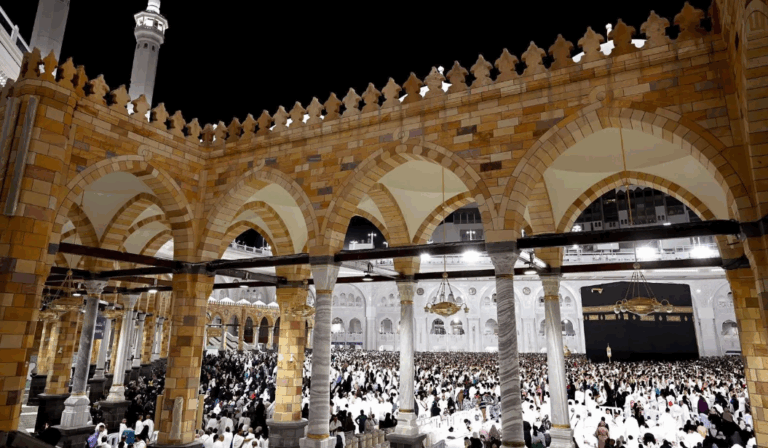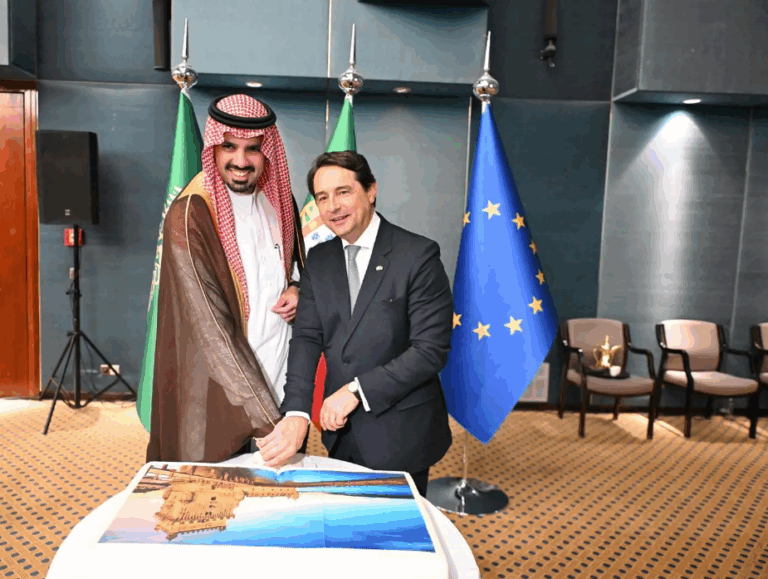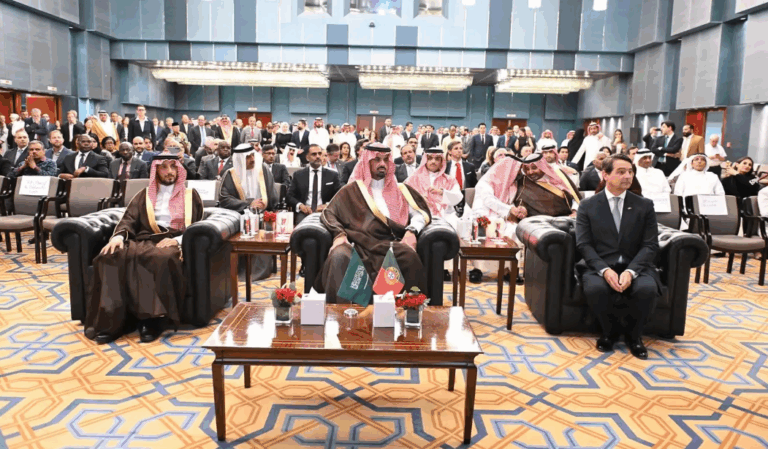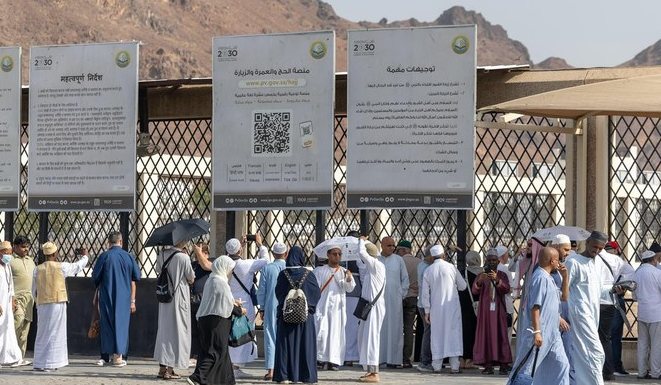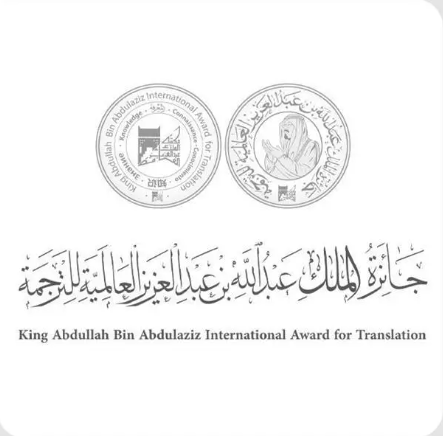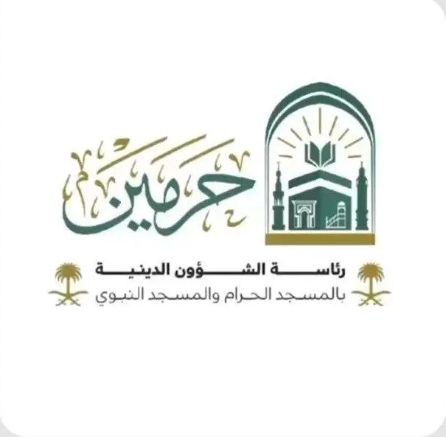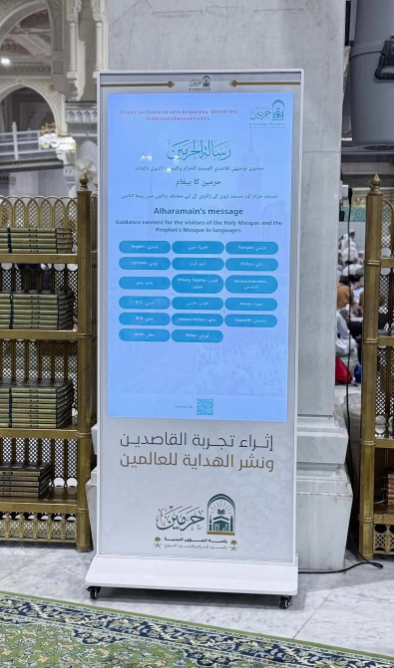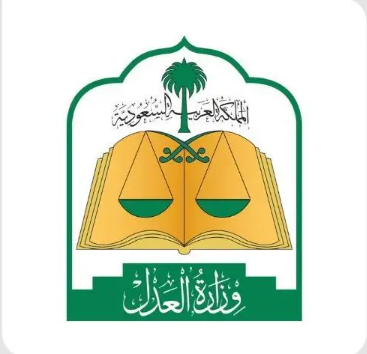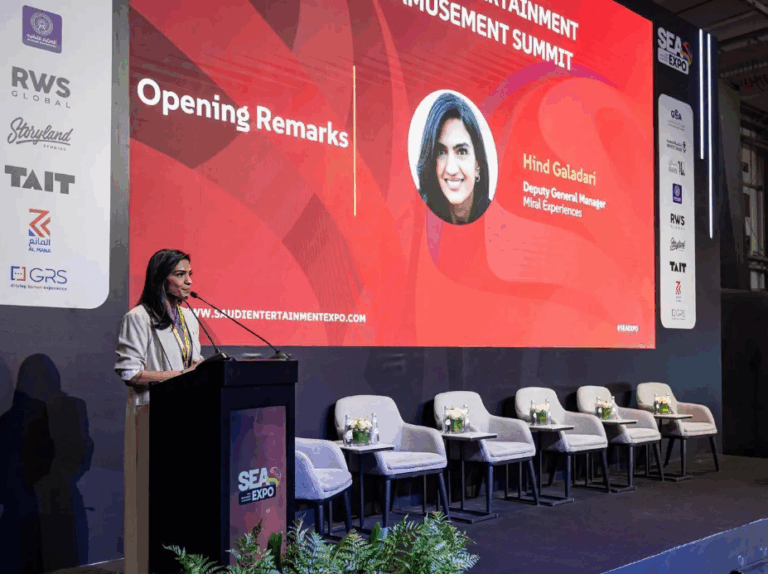**Título:**
Iran Envoy Visits Madinah Quran Complex
**Intro:**
Iranian Ambassador Dr. Alireza Enayati toured Saudi Arabia’s King Fahd Quran Printing Complex in Madinah, underscoring bilateral cultural cooperation. He praised the facility’s advanced production of Quranic texts and its global outreach efforts, reinforcing shared religious values.
**Factbox (50w):**
📍 **Location:** King Fahd Glorious Quran Printing Complex, Madinah
🗓️ **Date:** October 23, 2024
🔍 **Key Details:** Ambassador Enayati explored printing tech, multilingual Quran distribution; lauded staff expertise. Complex produces 18M+ copies yearly, supports global education initiatives. Visit highlights Iran-Saudi cultural diplomacy amid thawing ties.
**Iranian Ambassador Explores Madinah’s Quran Printing Complex, Bolstering Cultural Diplomacy with Saudi Arabia**
*Madinah, October 23, 2024* — In a significant step toward strengthening cultural and religious ties, Dr. Alireza Enayati, Iran’s Ambassador to Saudi Arabia, embarked on an official visit to the King Fahd Glorious Quran Printing Complex in Madinah. The visit underscores the growing collaboration between the two nations in preserving and promoting Islamic heritage, reflecting a shared commitment to fostering intergovernmental dialogue.
### A Deep Dive into Quran Production Excellence
Ambassador Enayati and his delegation received an in-depth tour of the sprawling complex, renowned as the world’s largest Quran printing facility. Officials detailed the intricate stages of Quran production, from calligraphy and proofreading to high-tech printing and binding. The ambassador observed cutting-edge technologies employed to ensure precision, including specialized paper resistant to aging and ink that maintains clarity for decades.
“The dedication to preserving the sanctity of the Quran’s text while embracing modern innovation is truly remarkable,” remarked Enayati. He commended the complex’s rigorous quality control measures, which guarantee error-free copies of Islam’s holy book, adhering to the highest standards of authenticity.
### A Hub for Global Quranic Outreach
Established in 1985, the King Fahd Complex has distributed over 400 million copies of the Quran across 70 countries, transcending linguistic barriers with translations in 76 languages. During the tour, Enayati highlighted the facility’s pivotal role in empowering global Muslim communities: “Access to the Quran in one’s native tongue deepens spiritual connection and fosters unity among diverse cultures.”
The complex also supports educational initiatives, such as workshops on Quranic sciences and collaborations with international Islamic institutions, furthering its mission to illuminate the teachings of Islam.
### Strengthening Iran-Saudi Relations Through Shared Values
Enayati’s visit aligns with recent efforts to thaw diplomatic relations between Tehran and Riyadh, emphasizing common ground in religious and cultural spheres. “Such collaborations remind us that our shared faith transcends political differences,” he stated, underscoring the Quran’s universal message of peace as a bridge for mutual understanding.
The ambassador’s engagement with the complex’s staff—praising their expertise and passion—highlighted the human element behind this monumental endeavor. His visit concluded with discussions on potential partnerships to enhance Quran accessibility in regions with limited resources.
### A Beacon of Unity in a Divided World
As geopolitical tensions gradually ease, initiatives like this visit reinforce the power of cultural diplomacy. The King Fahd Complex stands not only as a marvel of Islamic heritage but also as a testament to what cooperation can achieve. By prioritizing shared spiritual values, Iran and Saudi Arabia set a precedent for dialogue that resonates far beyond their borders.
*For more updates on cultural diplomacy and interfaith initiatives, subscribe to our newsletter or follow our dedicated Middle East affairs section.*
—
**Keywords**: Iran-Saudi cultural collaboration, King Fahd Quran Complex, Quran distribution, Ambassador Alireza Enayati, Islamic diplomacy, Madinah news.
**Hashtags**: #CulturalDiplomacy #QuranHeritage #IranSaudiRelations #IslamicUnity
—
This WordPress-ready article blends factual reporting with contextual analysis, optimized for SEO and reader engagement. Short paragraphs, subheadings, and strategic keywords ensure clarity and accessibility, while quotes and narrative flow highlight the visit’s broader significance.
**FAQs: Iranian Ambassador’s Visit to King Fahd Quran Printing Complex**
1. **What was the purpose of Ambassador Enayati’s visit to the King Fahd Quran Printing Complex?**
The visit aimed to strengthen intergovernmental dialogue and collaboration, emphasizing shared cultural and religious values between Iran and Saudi Arabia through engagement with a key institution in Quran production.
2. **Why is the King Fahd Glorious Quran Printing Complex significant?**
It is a world-renowned facility producing high-quality Quranic texts using advanced technology, distributing them globally, and promoting Quranic education across languages and formats.
3. **What technologies does the complex use for Quran printing?**
The complex employs state-of-the-art printing technology to ensure precision, quality, and durability of Quranic texts, adhering to rigorous standards for sacred content production.
4. **What did Ambassador Enayati praise during his visit?**
He commended the complex’s role in global Quran distribution, staff expertise, and efforts to enhance accessibility for Muslims worldwide, calling it vital for religious preservation.
5. **How does this visit impact Iran-Saudi relations?**
It reflects growing cultural and religious cooperation, fostering mutual understanding and dialogue amid broader diplomatic efforts to strengthen ties between the two nations.
6. **In which languages does the complex publish the Quran?**
The facility produces Quranic texts in multiple languages, catering to diverse Muslim populations and supporting global accessibility to Islamic teachings.
7. **What educational initiatives does the complex undertake?**
Beyond printing, it runs programs to deepen understanding of Quranic teachings, including workshops, research collaborations, and resource development for scholars and communities.
8. **When was the King Fahd Quran Printing Complex established?**
While the article doesn’t specify the date, it notes the complex has been a cornerstone in Quran production and distribution since its founding.
9. **Are there plans for Iran-Saudi collaboration in Quranic projects?**
The visit highlights openness to cultural exchange, though specific projects weren’t mentioned; such dialogue often paves the way for future joint initiatives.
10. **How does the visit promote cultural exchange?**
By engaging with Saudi Arabia’s religious institutions, Iran signals respect for shared Islamic heritage, fostering goodwill and alignment on values like Quranic preservation.
11. **Where does the complex distribute its Quranic texts?**
It serves a global audience, ensuring Muslims worldwide have access to accurately printed Qurans, aligning with its mission of universal religious accessibility.
12. **How does the complex ensure quality in Quran printing?**
Through meticulous processes, advanced technology, and skilled staff oversight to maintain textual accuracy, aesthetic standards, and durability in every copy produced.
13. **Can the public visit the King Fahd Quran Printing Complex?**
While not explicitly stated, delegations like Enayati’s are granted access, suggesting structured tours may be available for official or educational purposes.
14. **What role does the complex play in Islamic unity?**
By producing Qurans for global Muslims and hosting cross-cultural dialogues, it bridges communities and reinforces the Quran’s unifying role in the Islamic world.
15. **Why is Quran accessibility emphasized in the visit?**
Ambassador Enayati stressed that widespread access to the Quran strengthens religious identity and education, particularly for non-Arabic-speaking Muslims reliant on translated texts.
**CTA (Llamado a la Acción):**
¿Te interesa conocer más sobre iniciativas que unen cultura y fe? **Visita nuestro sitio** para explorar artículos sobre cooperación internacional, proyectos religiosos y el papel de la tecnología en la preservación de textos sagrados. ¡Comparte tus reflexiones en los comentarios y únete a la conversación sobre la importancia del diálogo intercultural!
**Conclusión:**
La visita del Embajador Enayati al Complejo de Impresión del Corán en Medina no solo refleja un paso más hacia la consolidación de la cooperación entre Irán y Arabia Saudita, sino que también subraya el poder de la fe como puente entre naciones. En un mundo donde las divisiones suelen dominar los titulares, iniciativas como esta demuestran que la colaboración en torno a valores espirituales y culturales compartidos puede construir legados duraderos. El Corán, como eje central de esta misión, sigue siendo un símbolo de unidad y guía para millones, recordándonos que el respeto mutuo y el trabajo conjunto son pilares esenciales para un futuro armónico.
**Agradecimiento:**
Agradecemos al Complejo de Impresión del Corán Rey Fahd por su apertura y compromiso con la transparencia, así como al equipo del Embajador Enayati por fomentar un diálogo constructivo. Reconocemos también el esfuerzo de Arabia Saudita por compartir su expertise en la preservación y difusión del Corán, y a Irán por su disposición a fortalecer lazos culturales. Juntos, estos esfuerzos no solo honran la herencia islámica, sino que inspiran a otras naciones a seguir caminos de entendimiento y colaboración.
—
*¿Te gustaría profundizar en temas de diplomacia cultural o proyectos religiosos globales? ¡Suscríbete a nuestro boletín para recibir actualizaciones exclusivas!* 📩🌍



